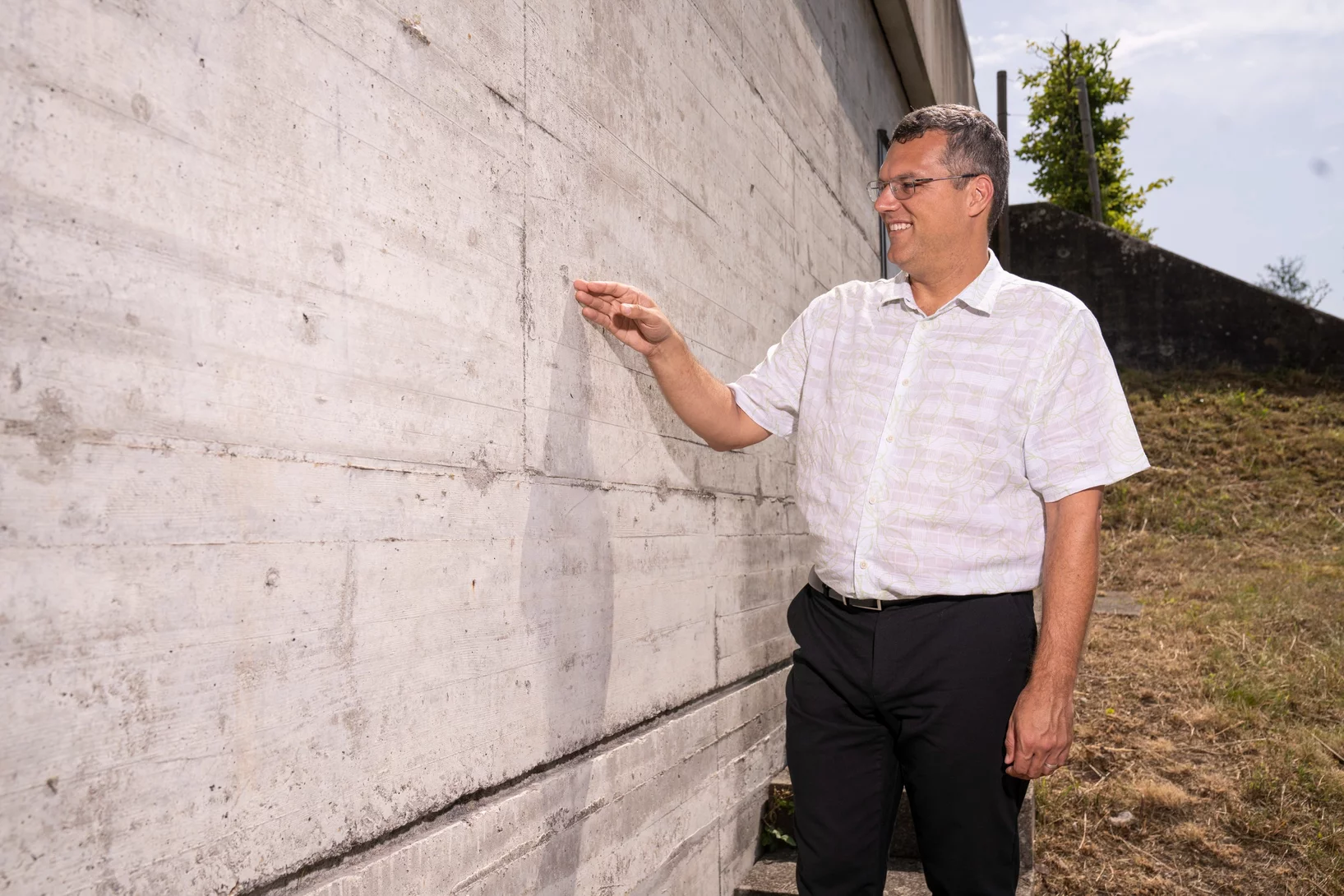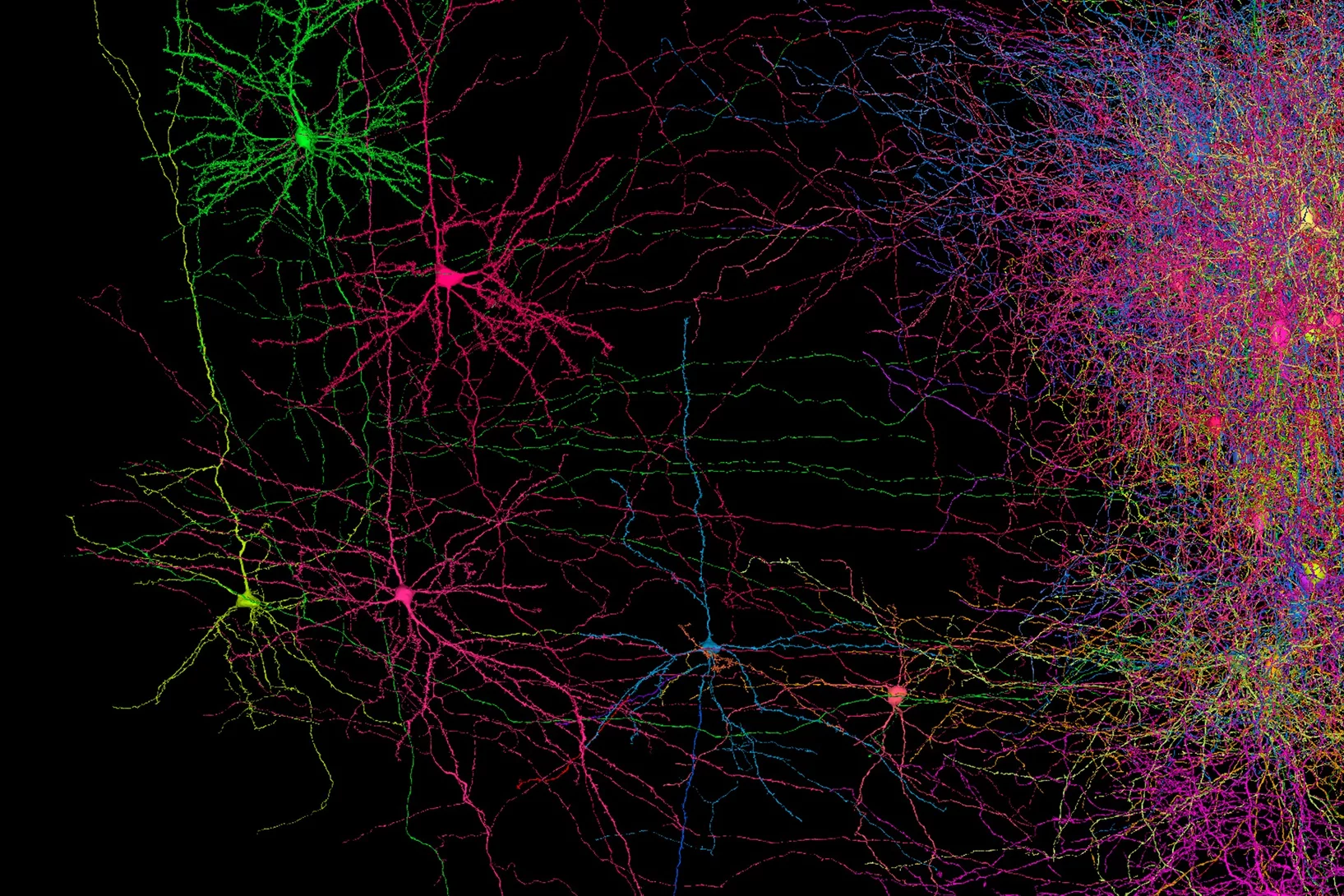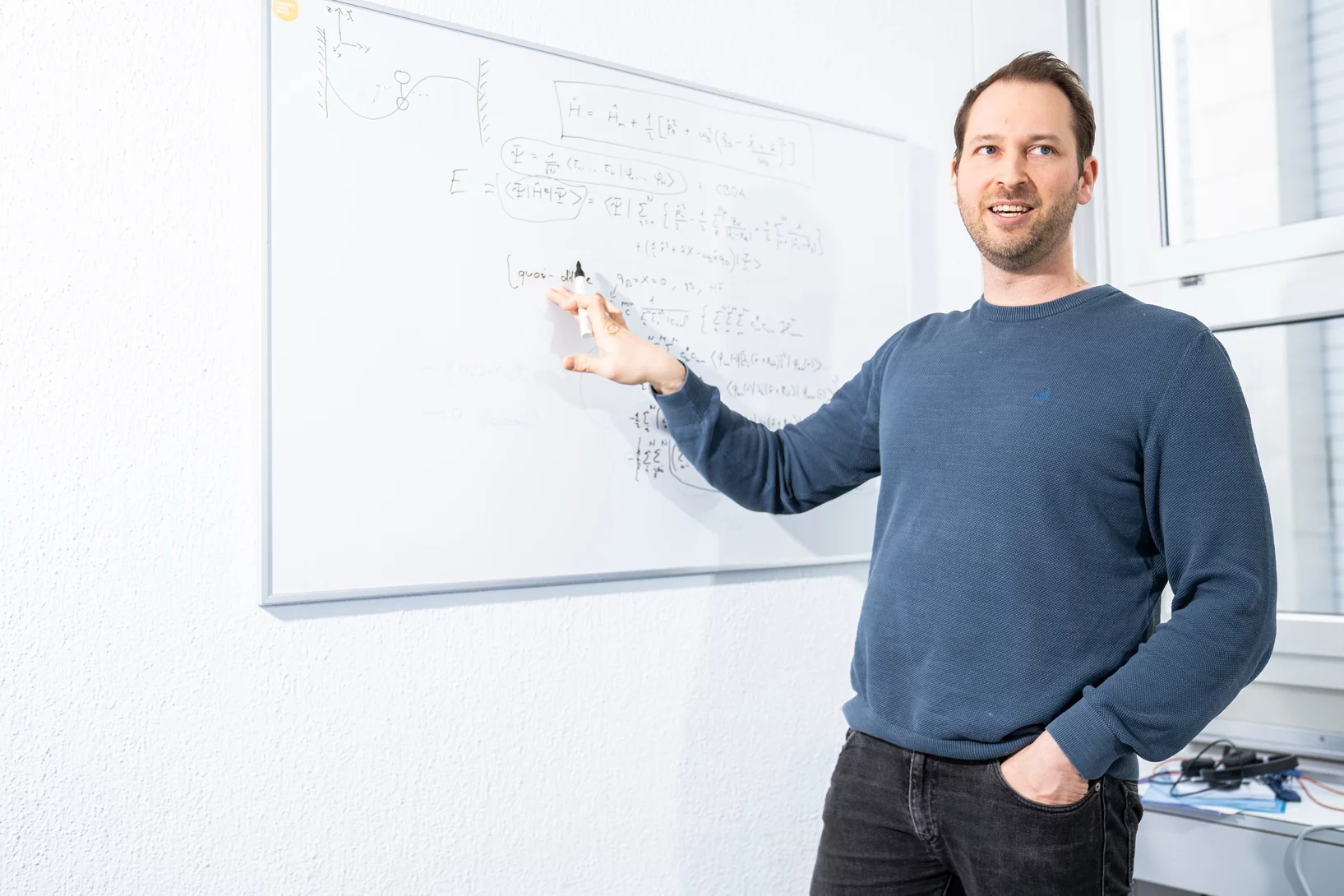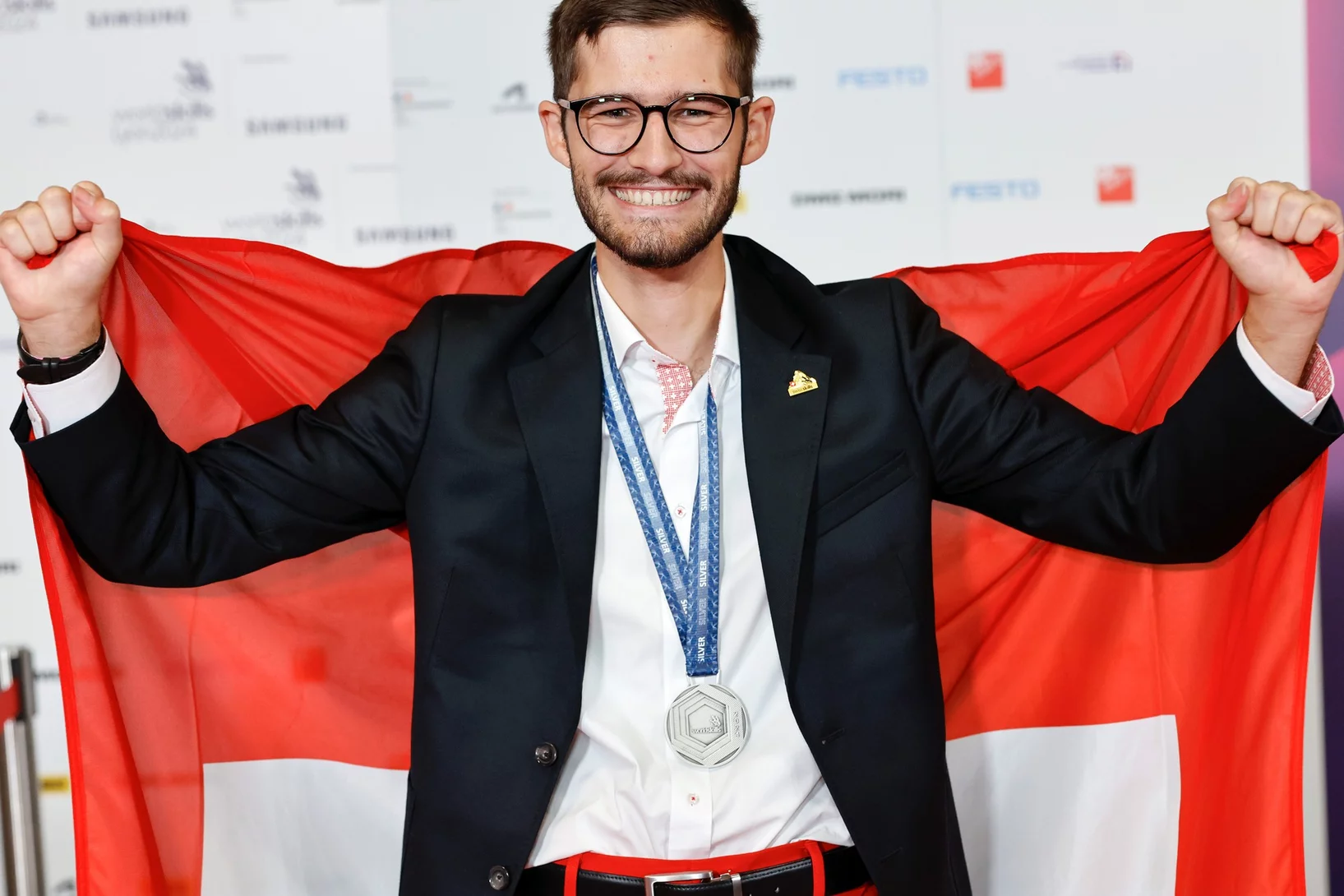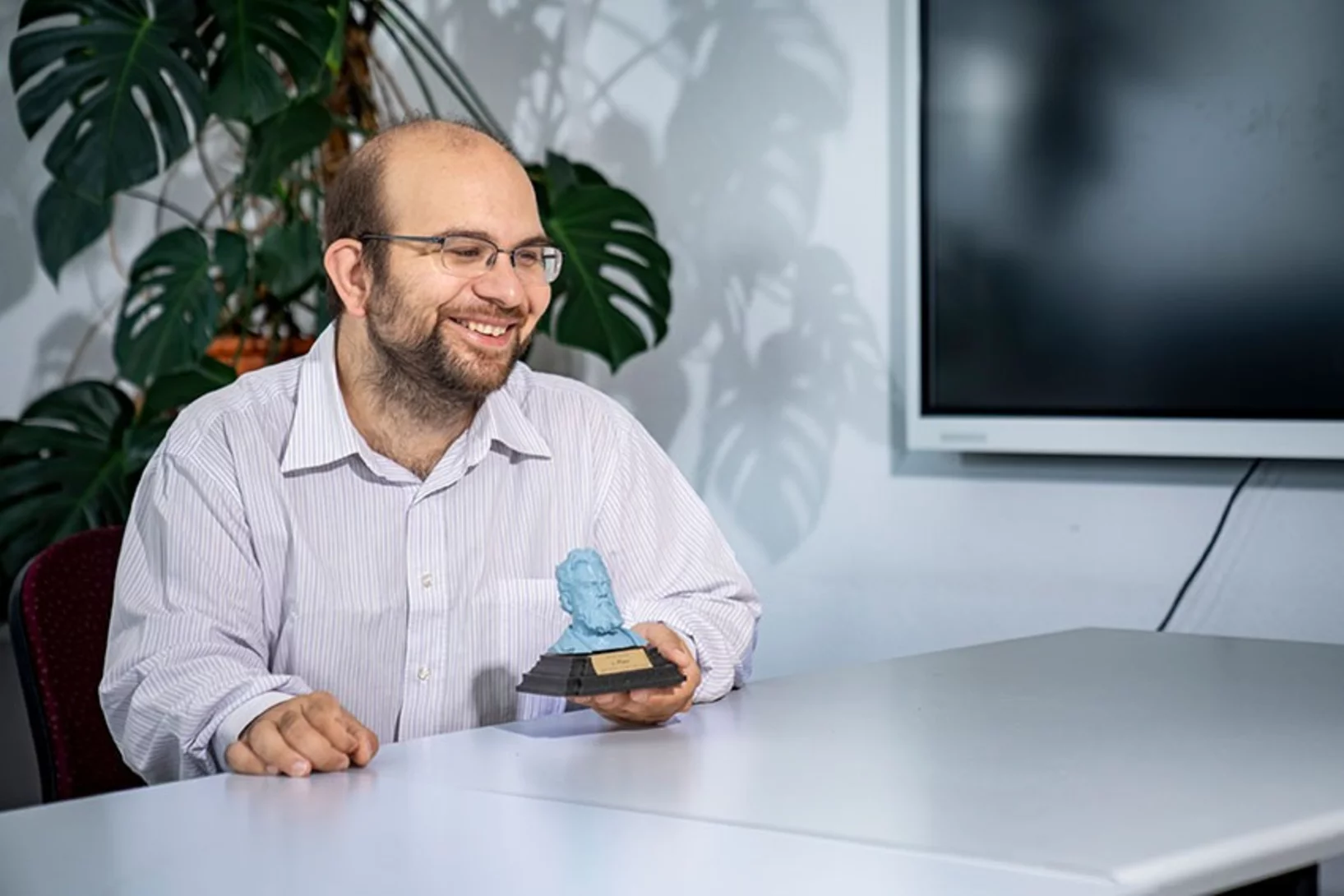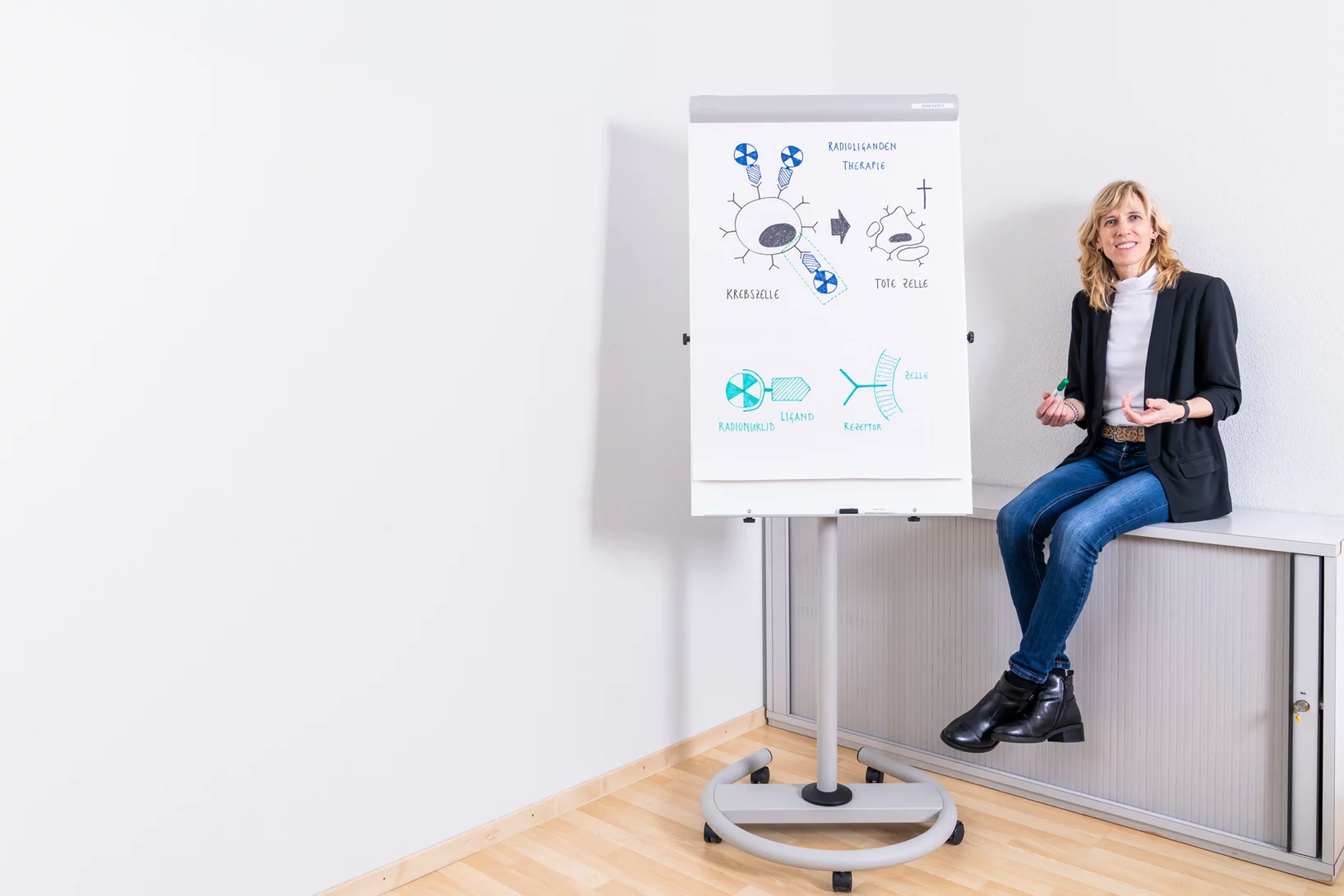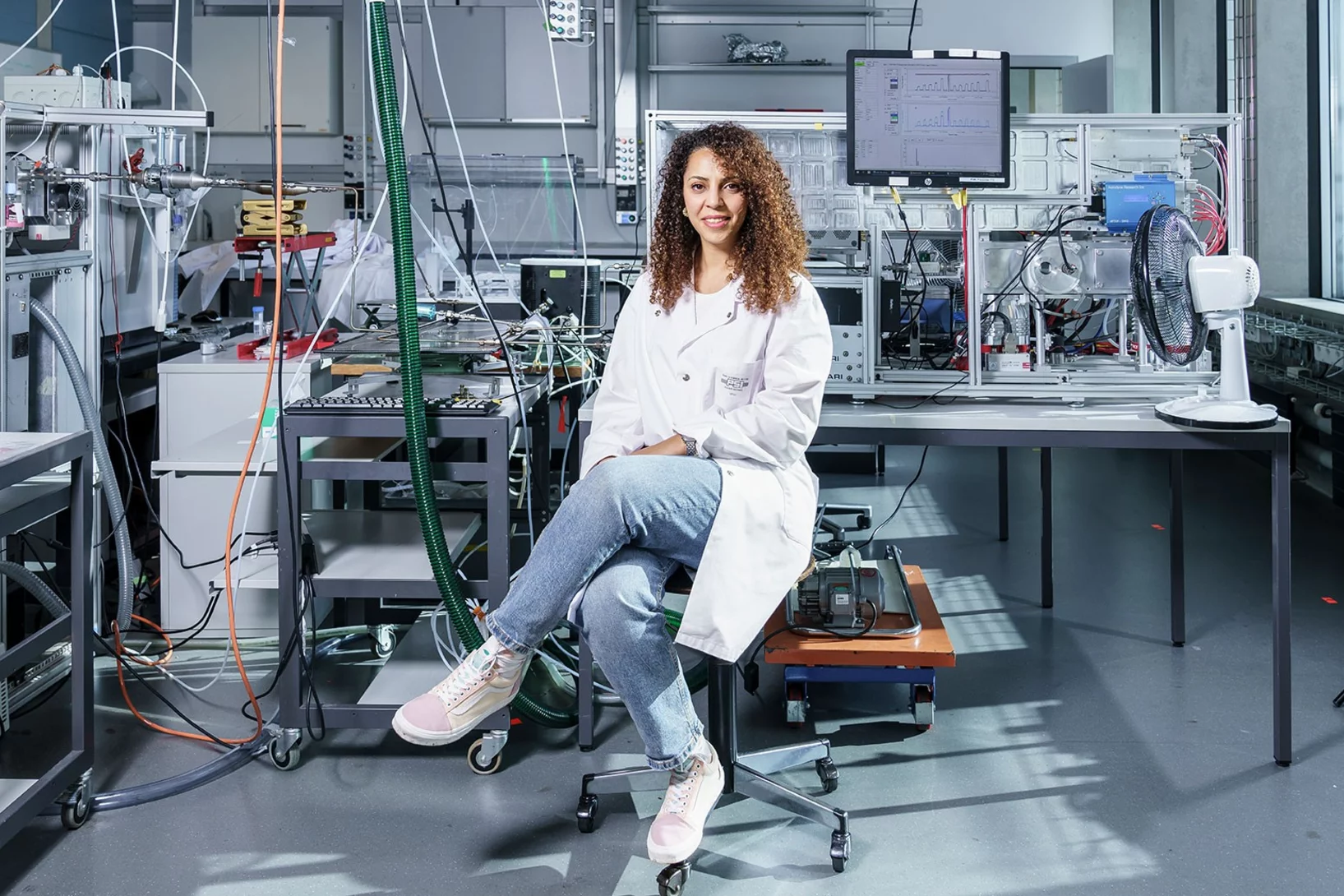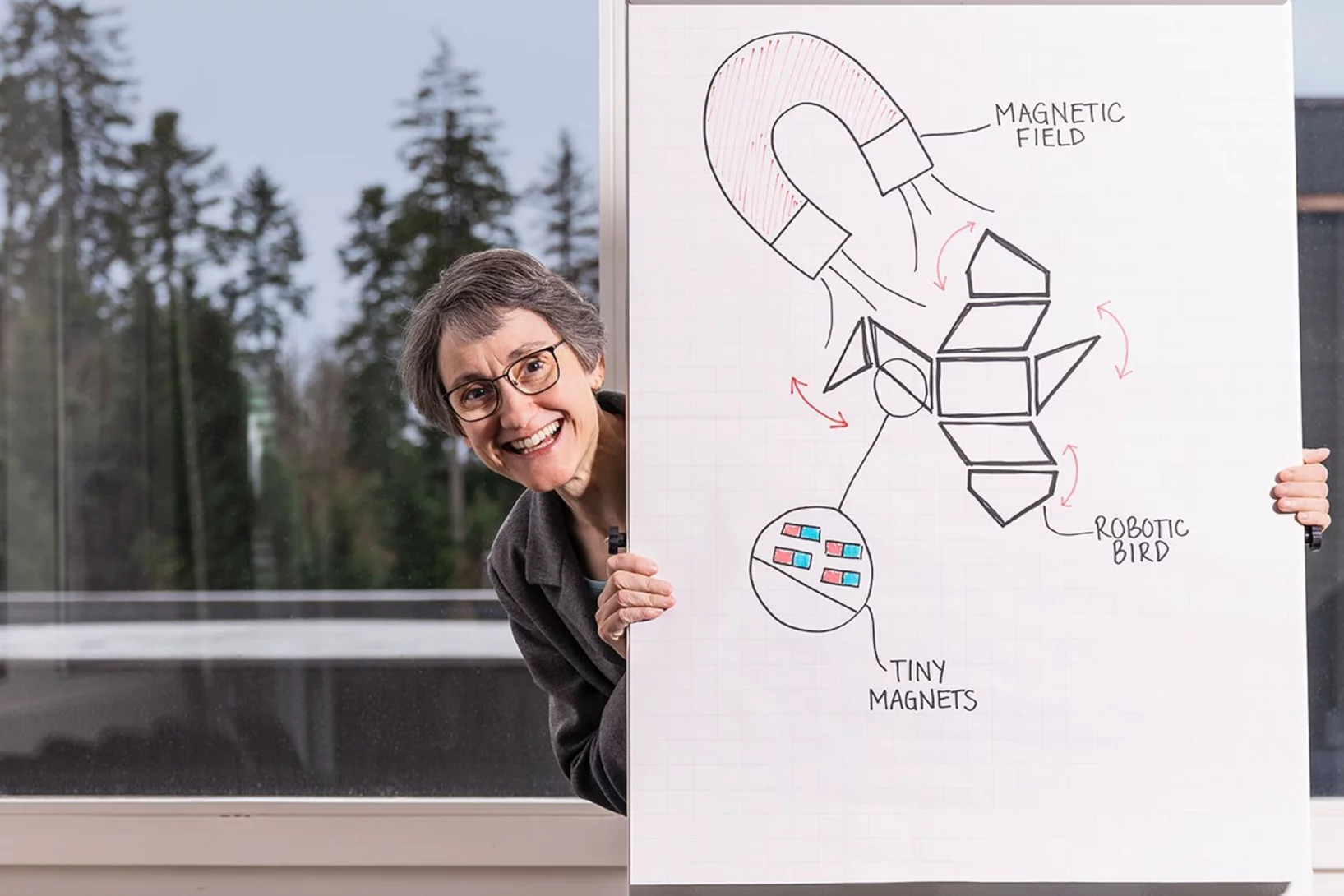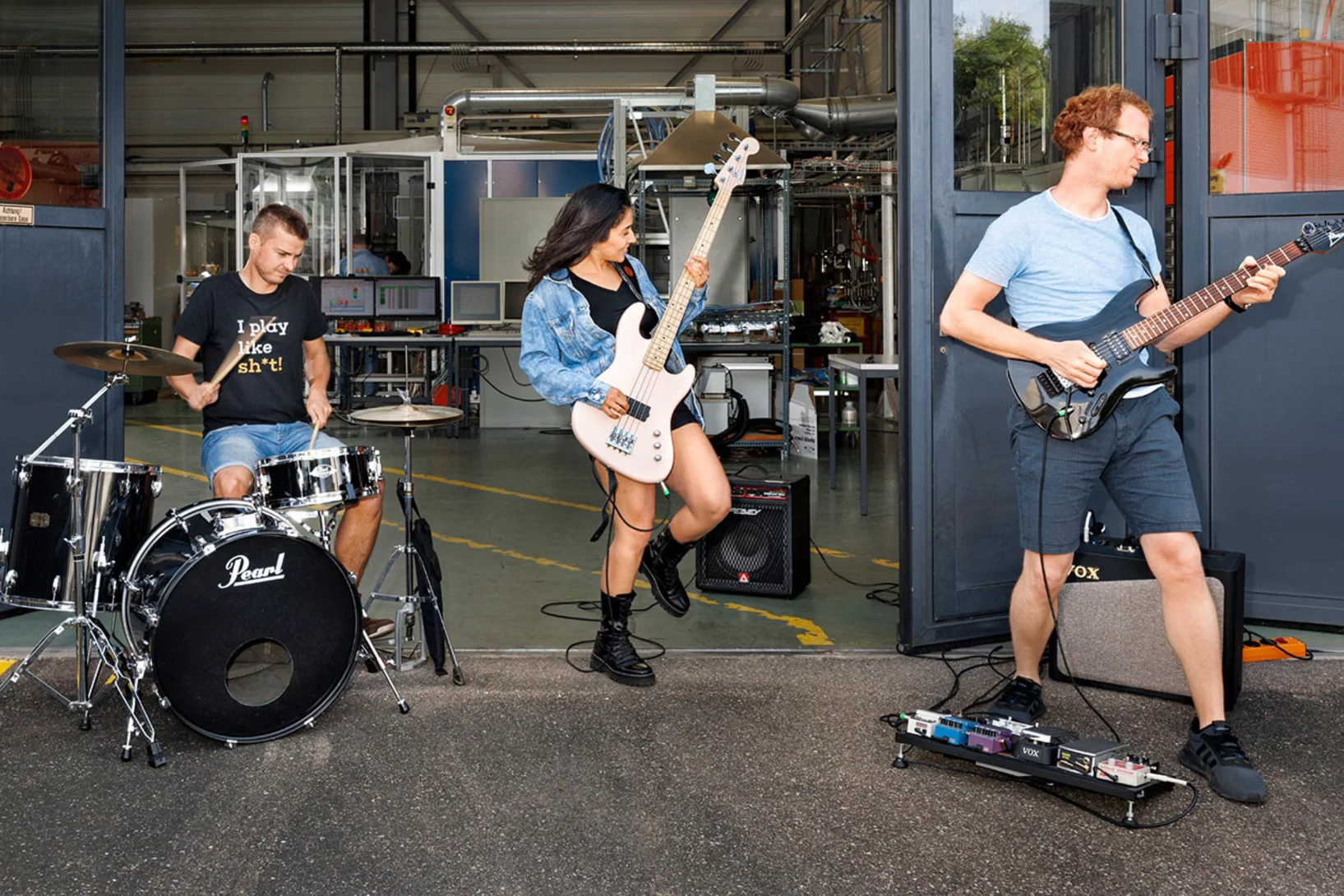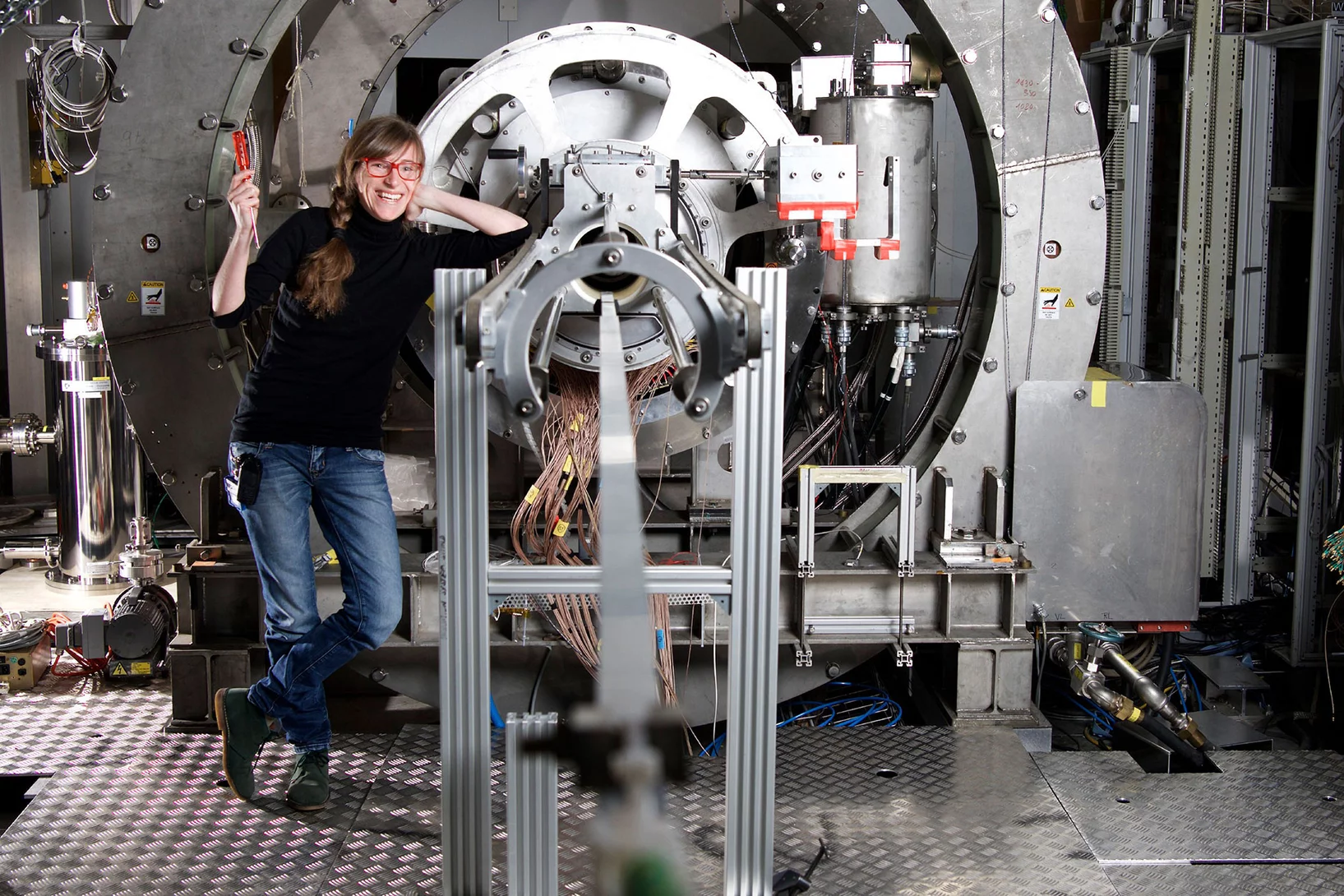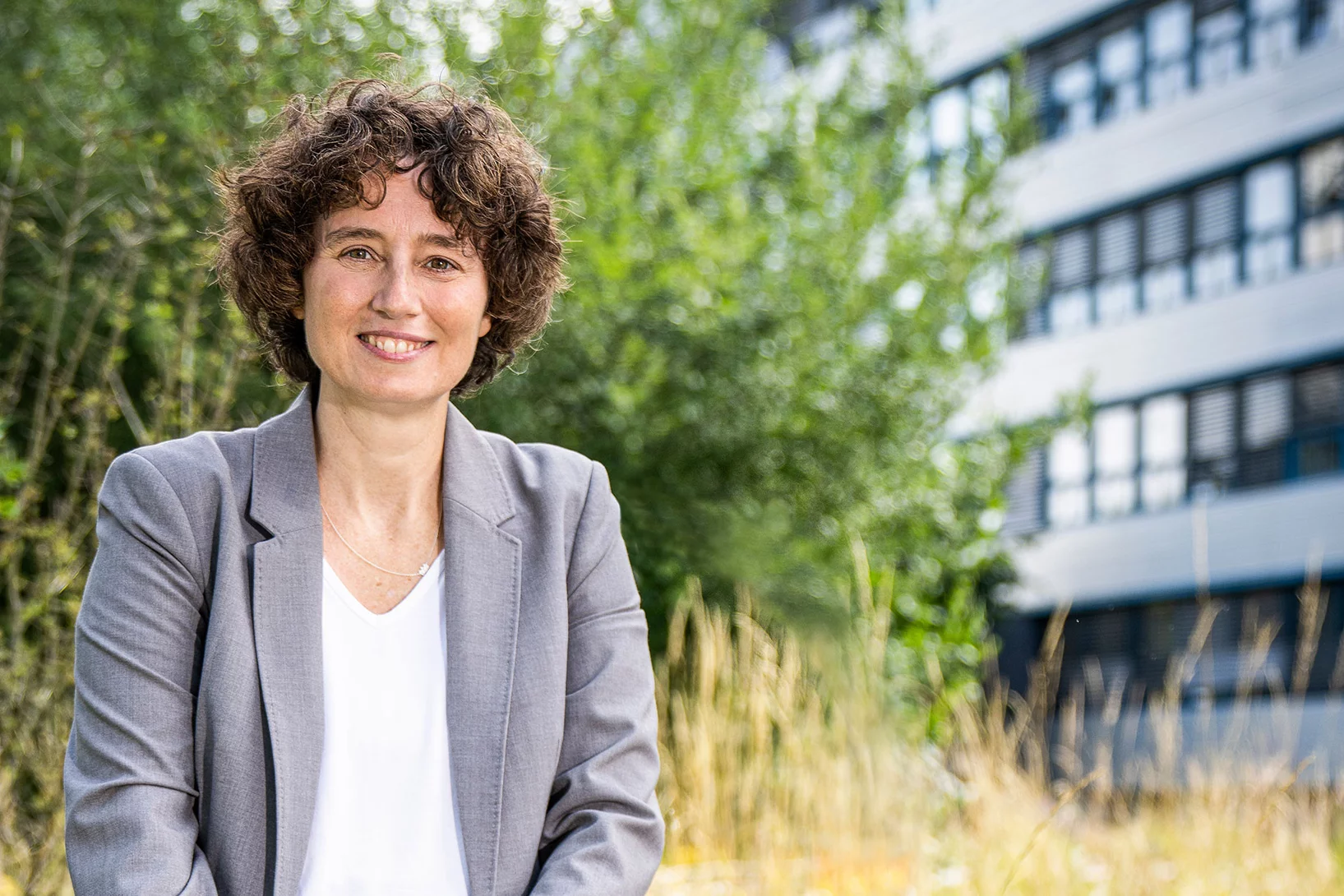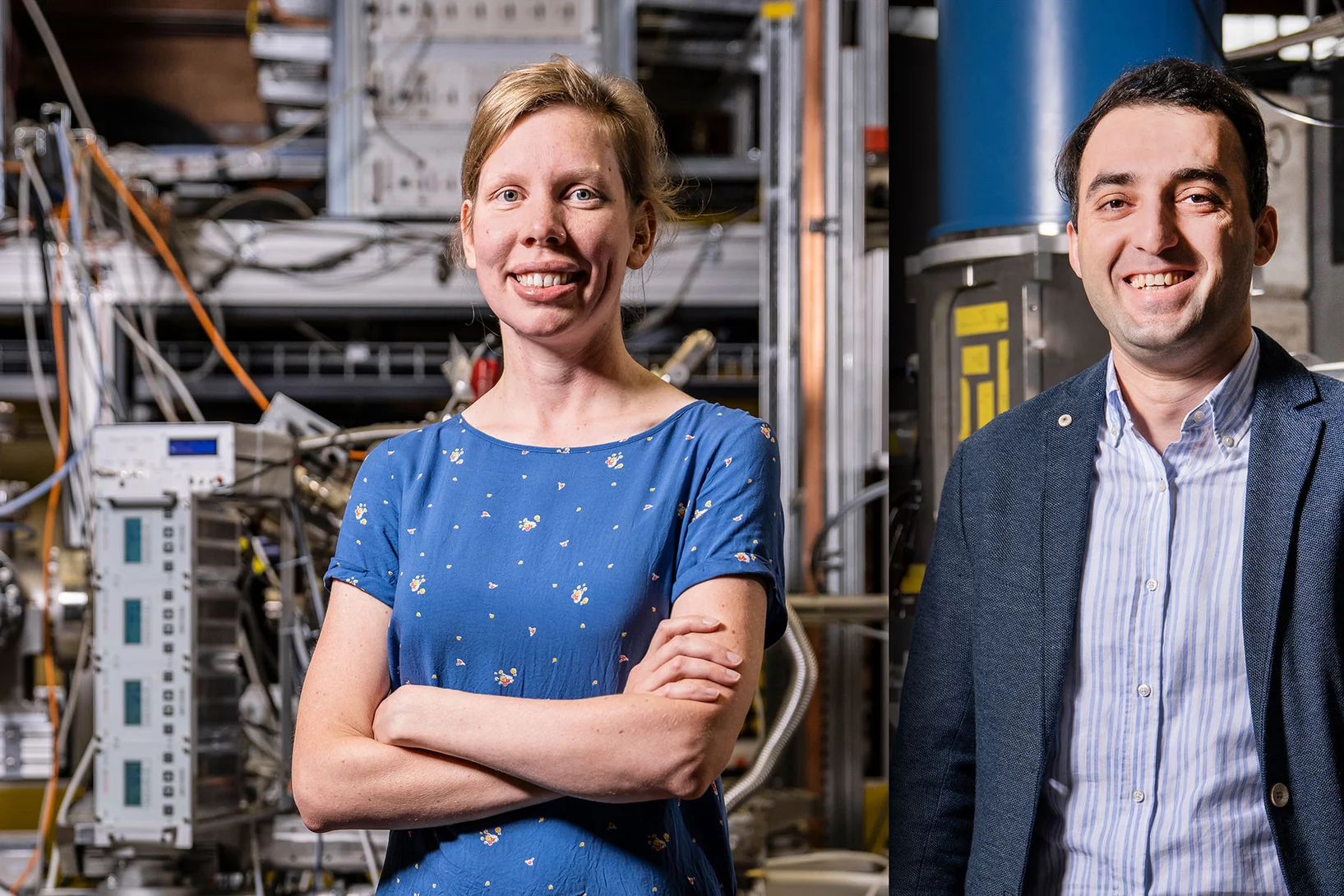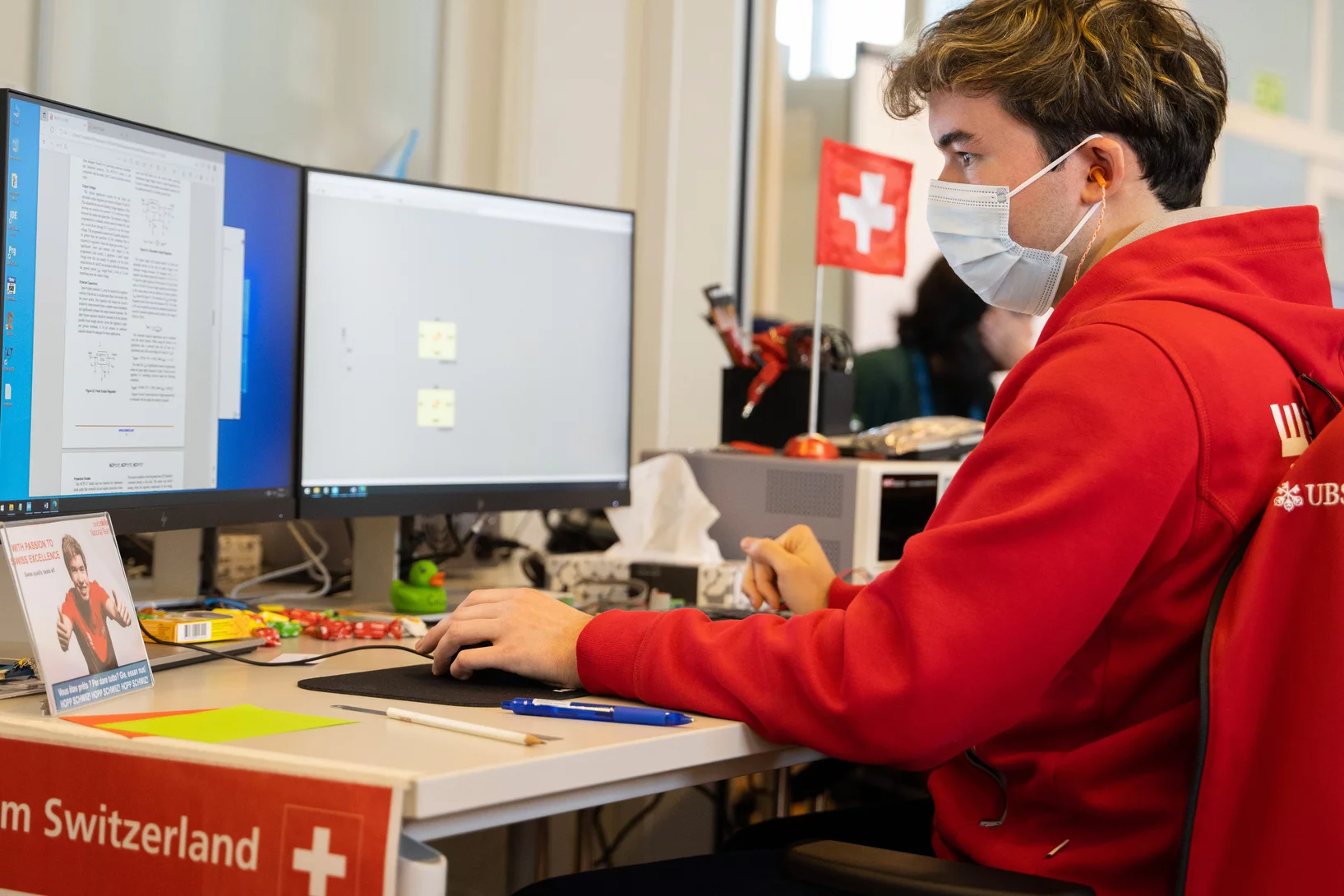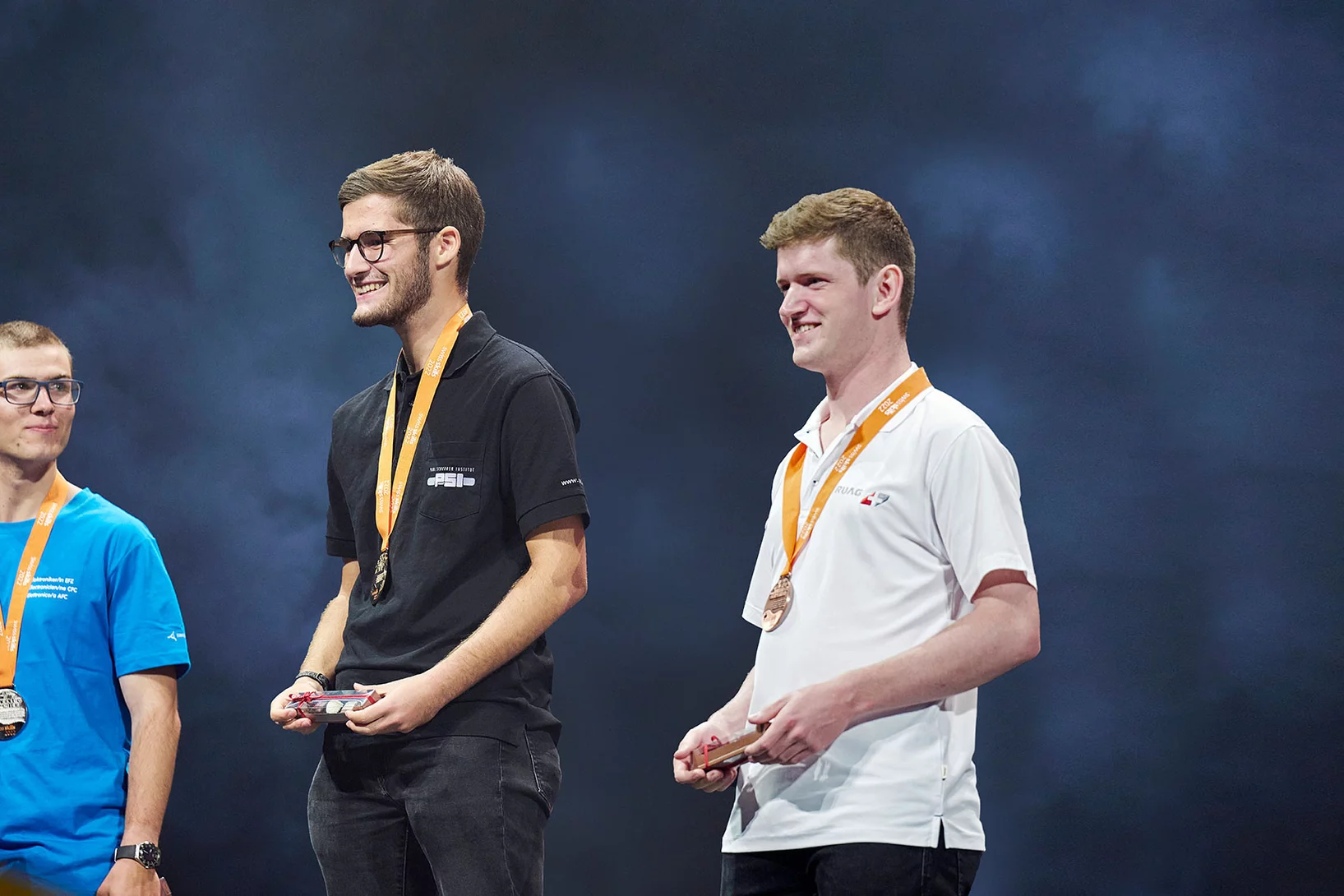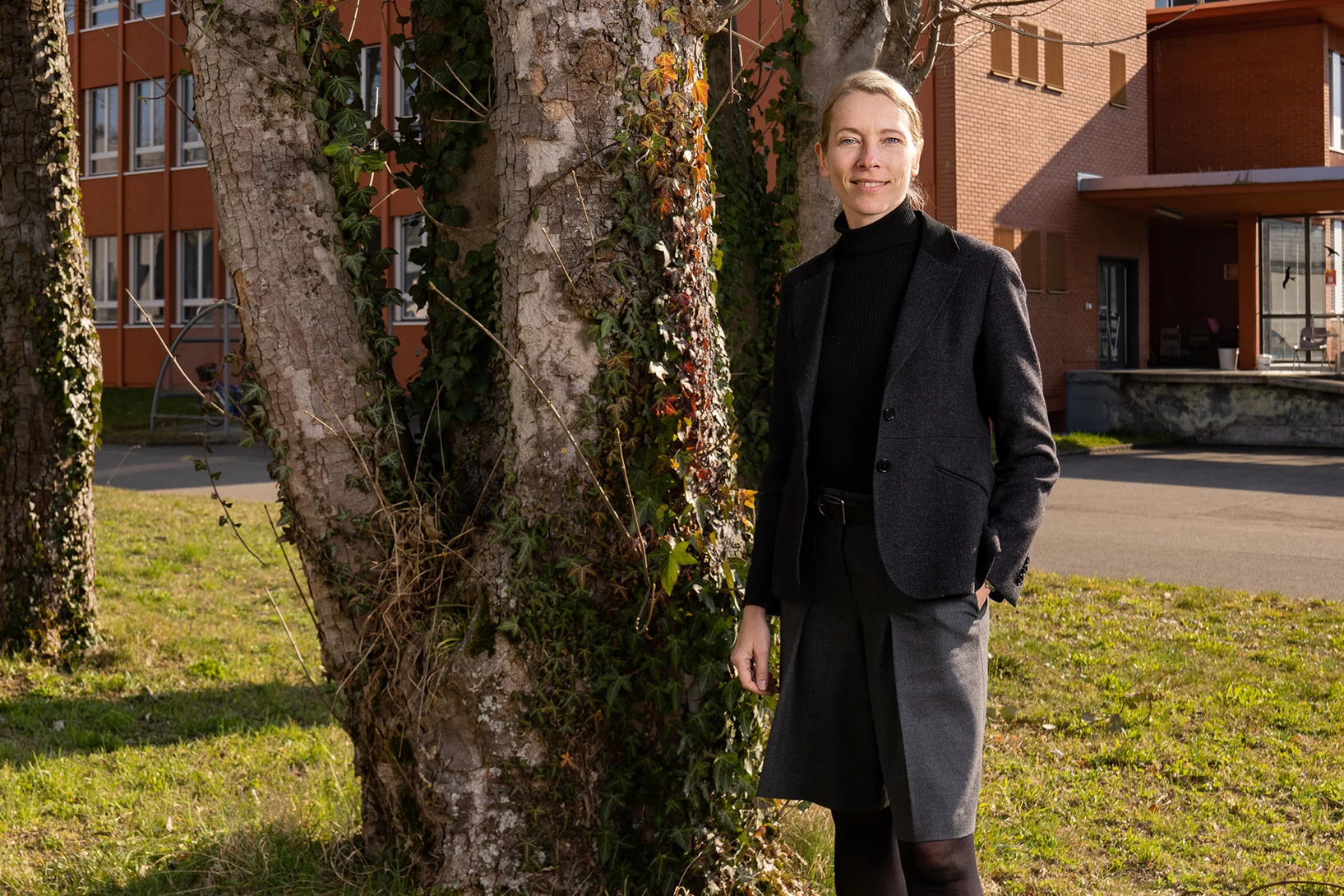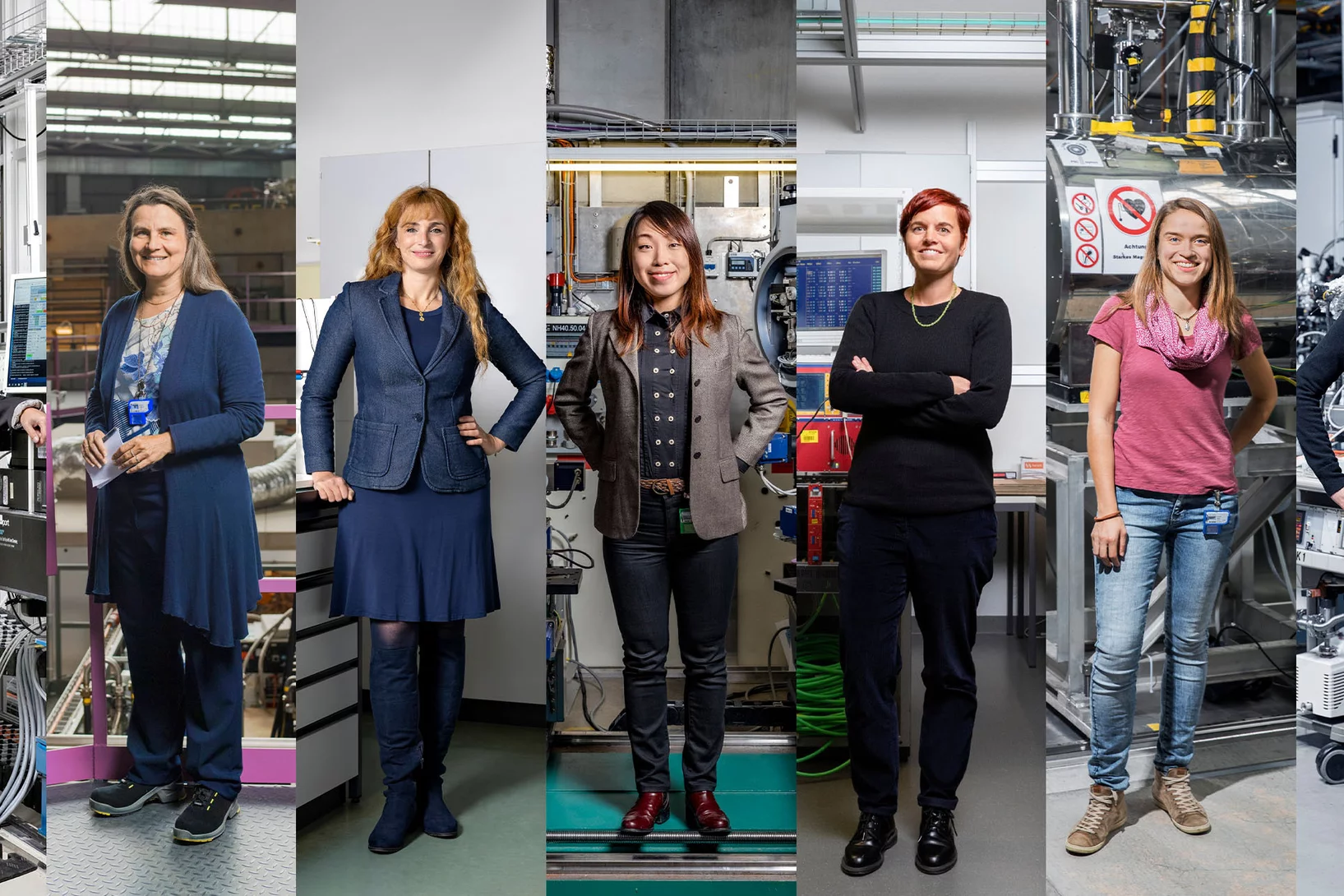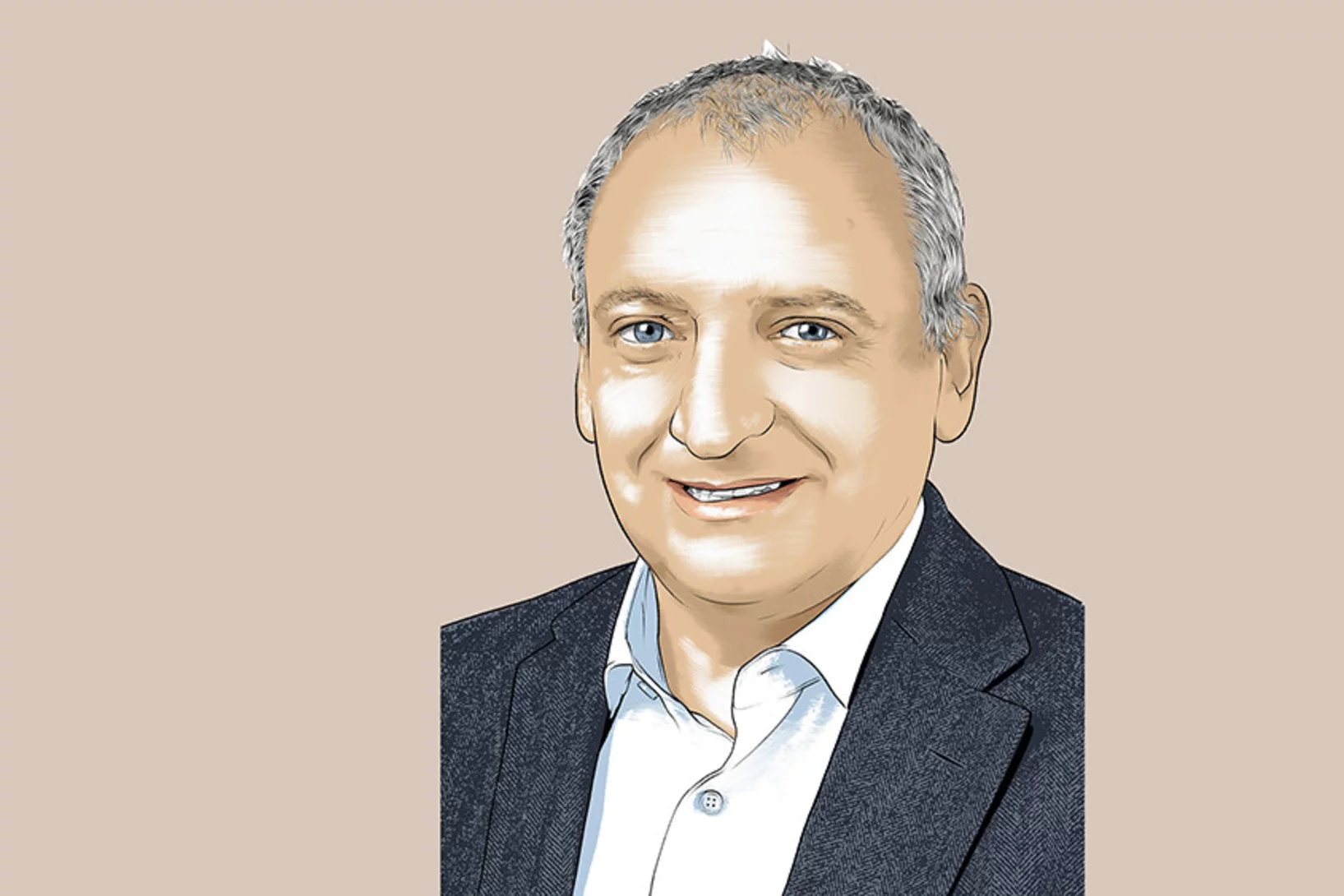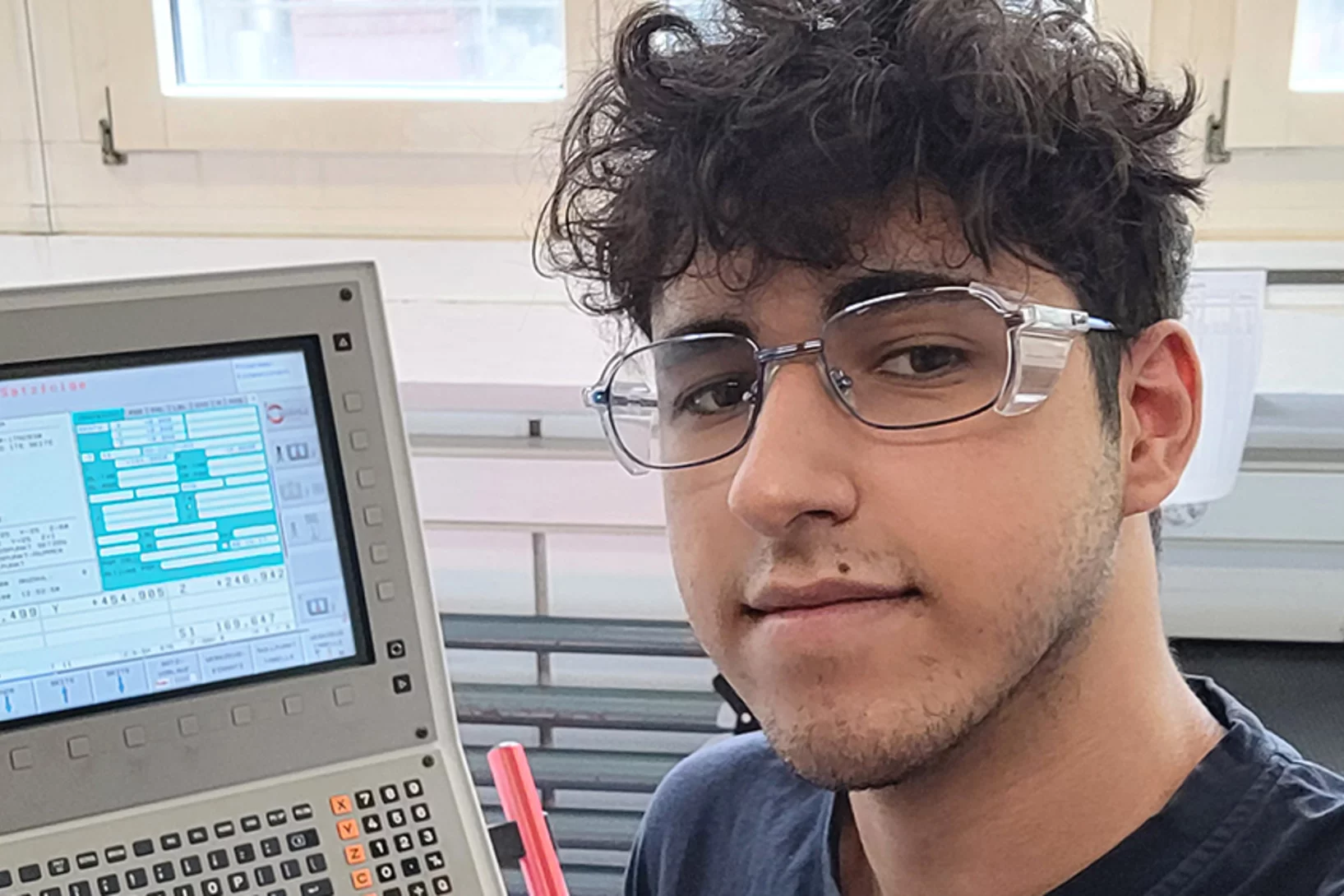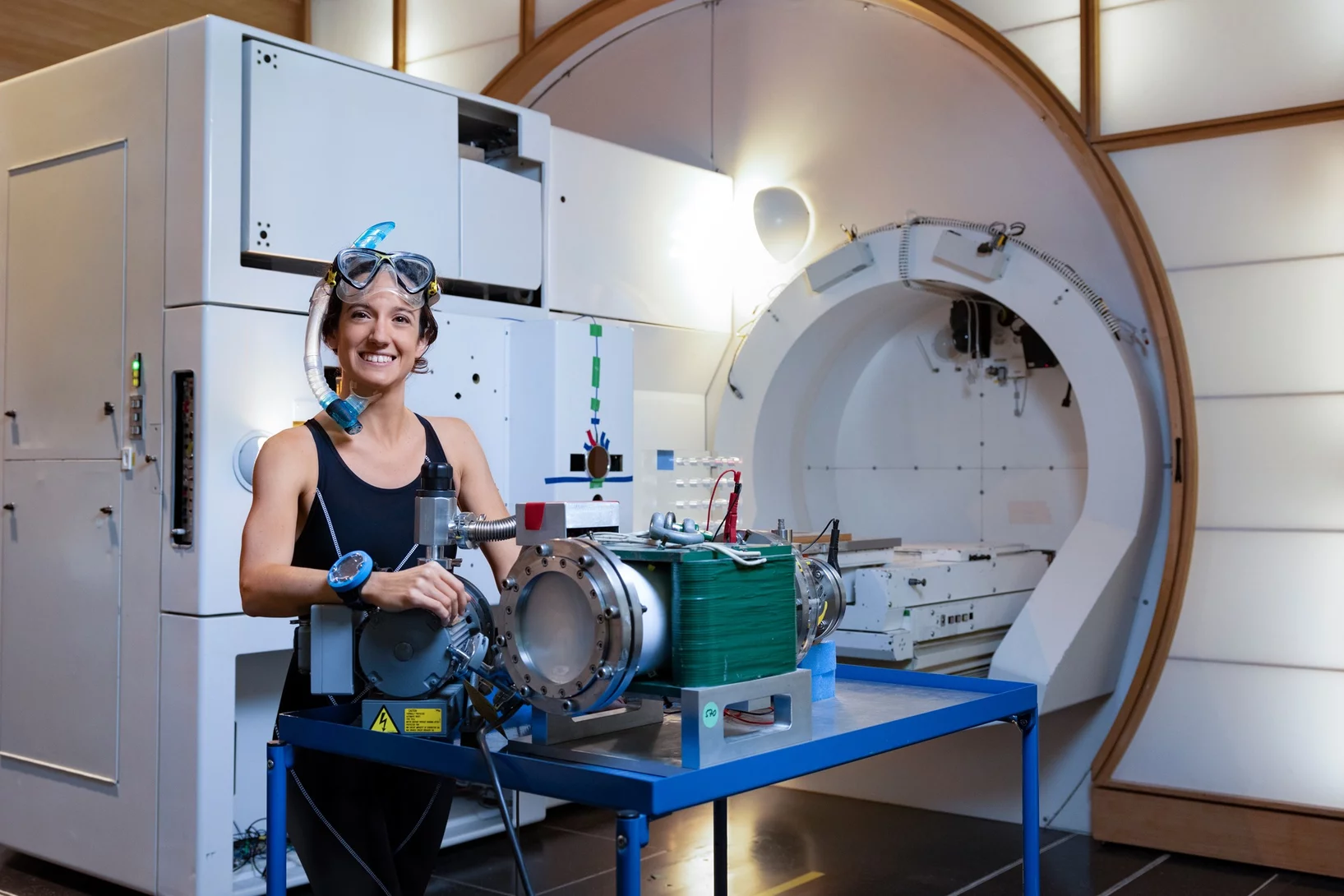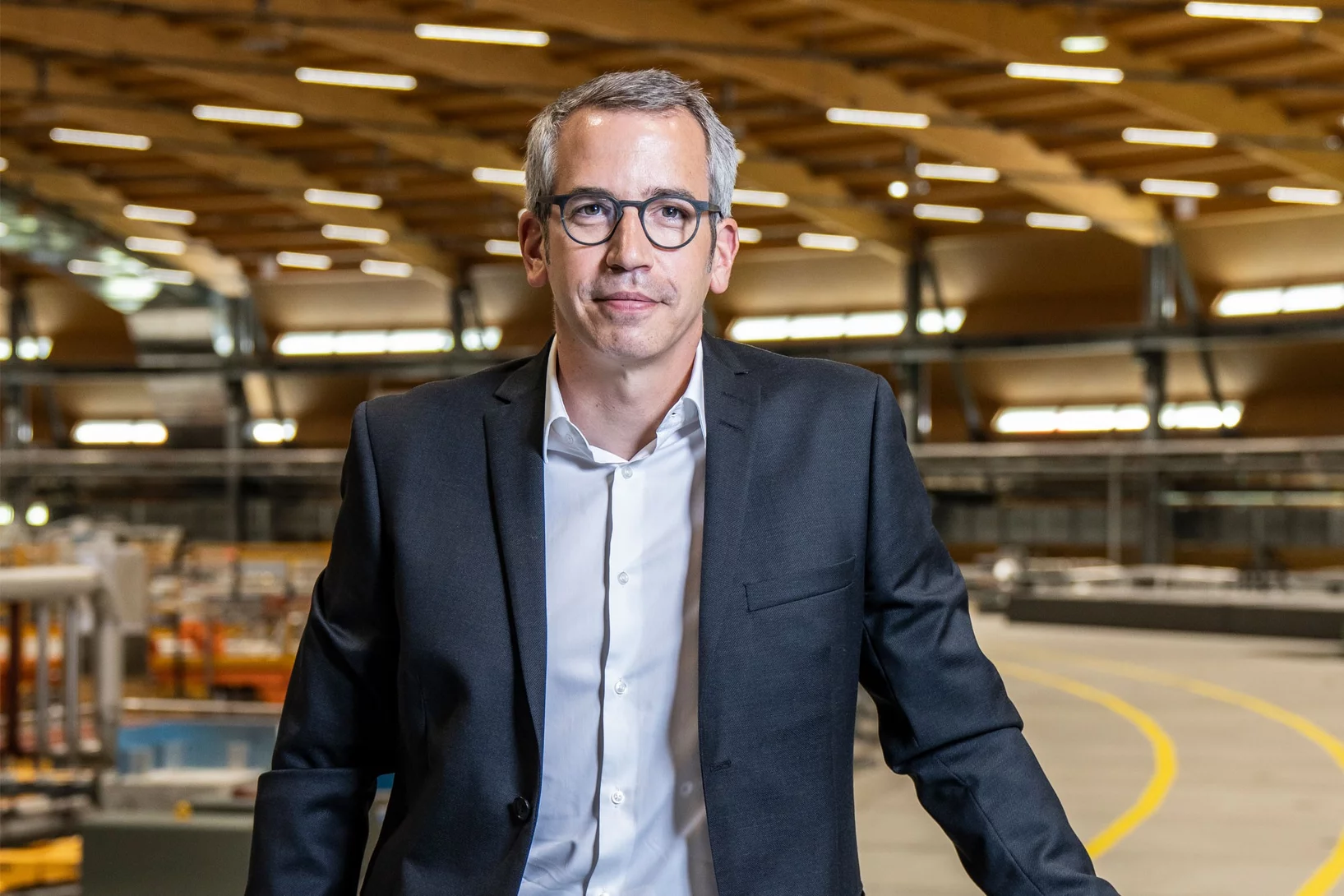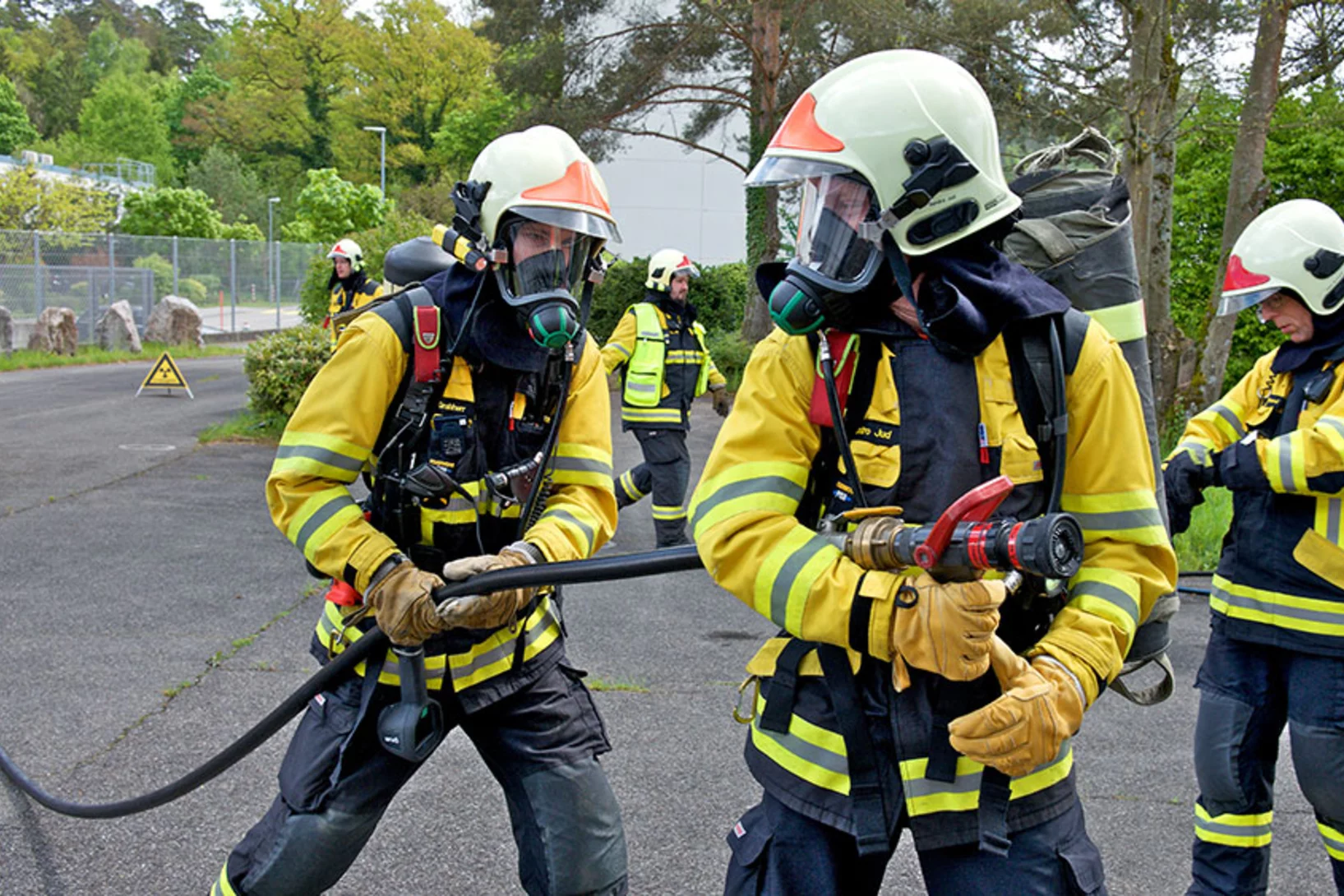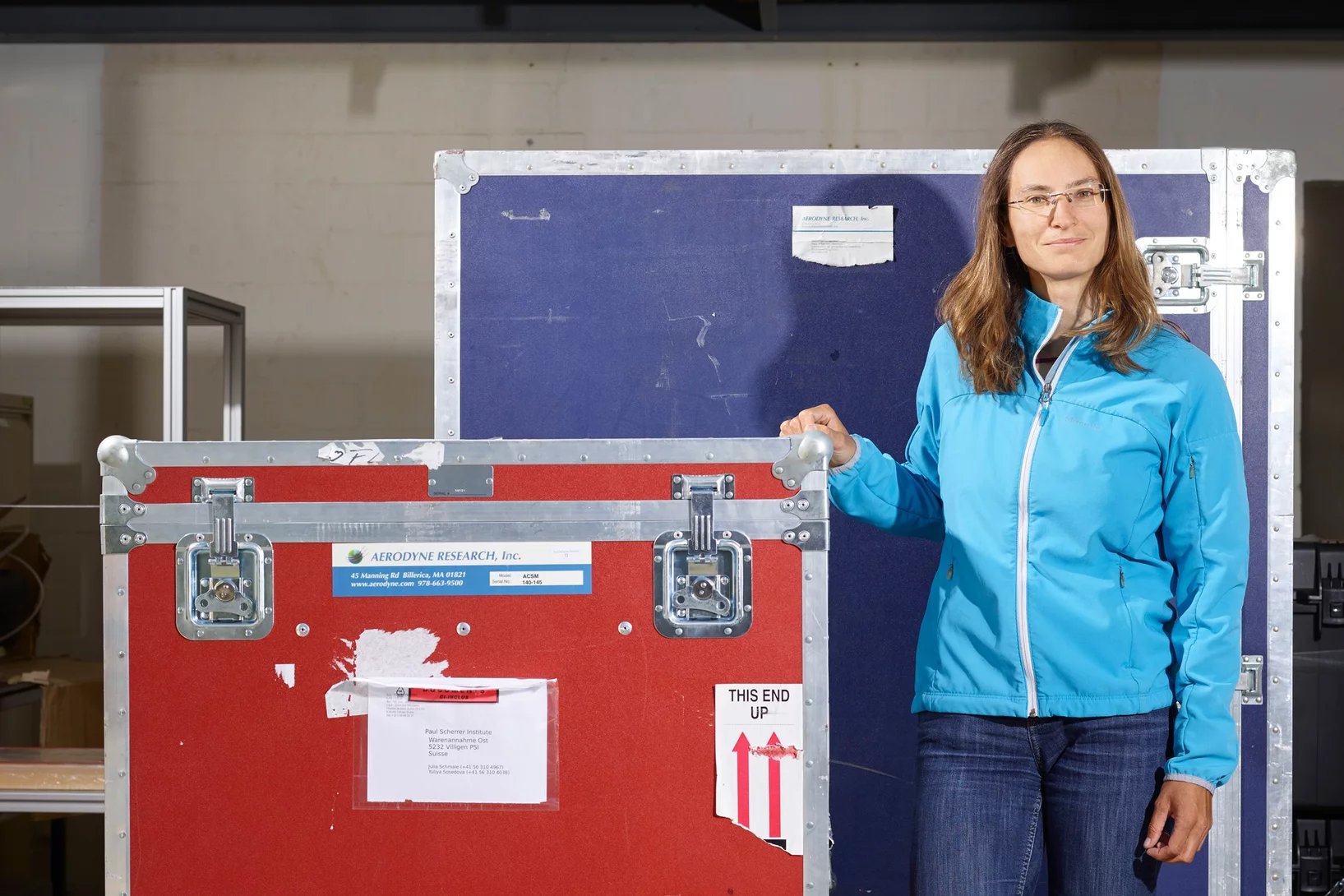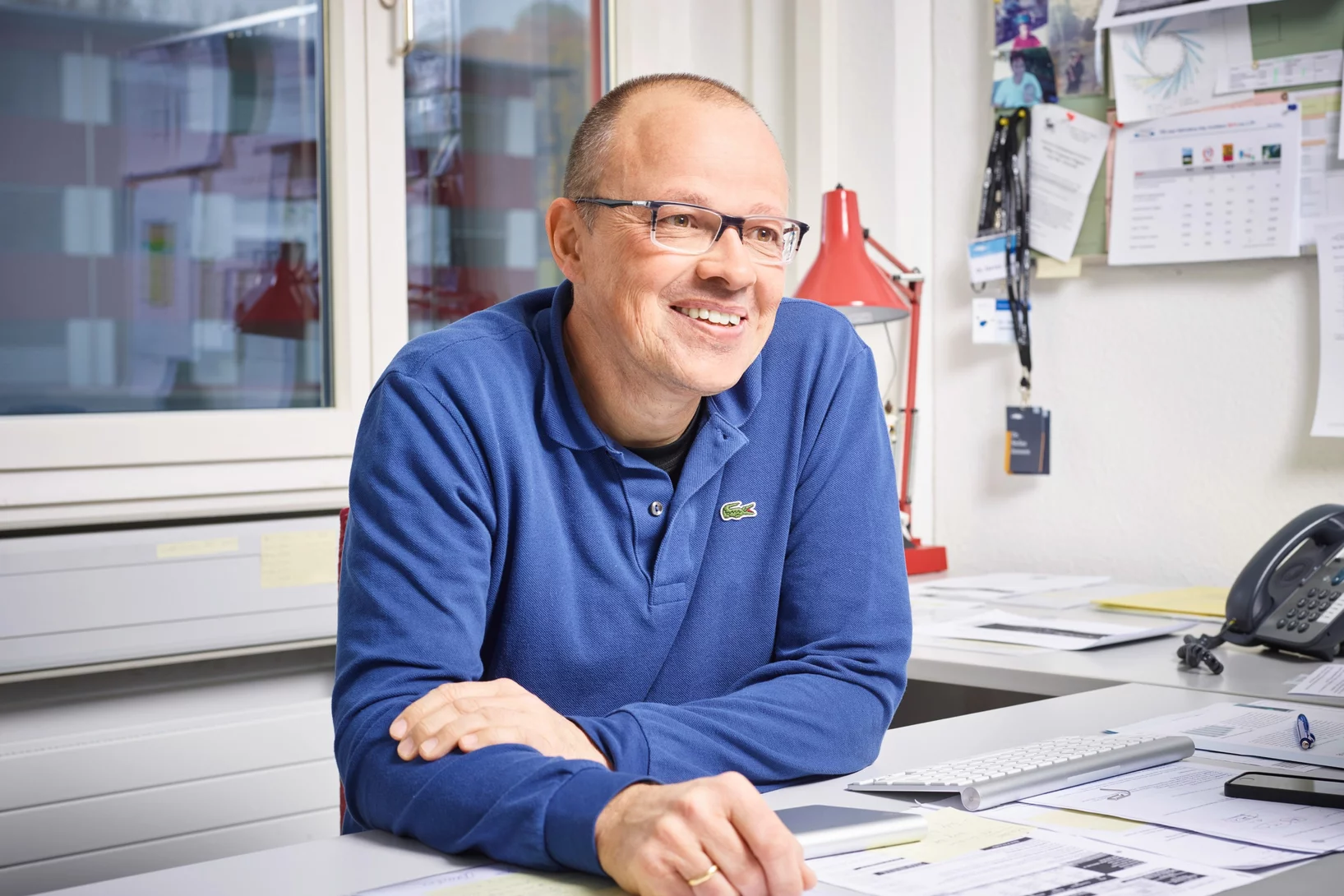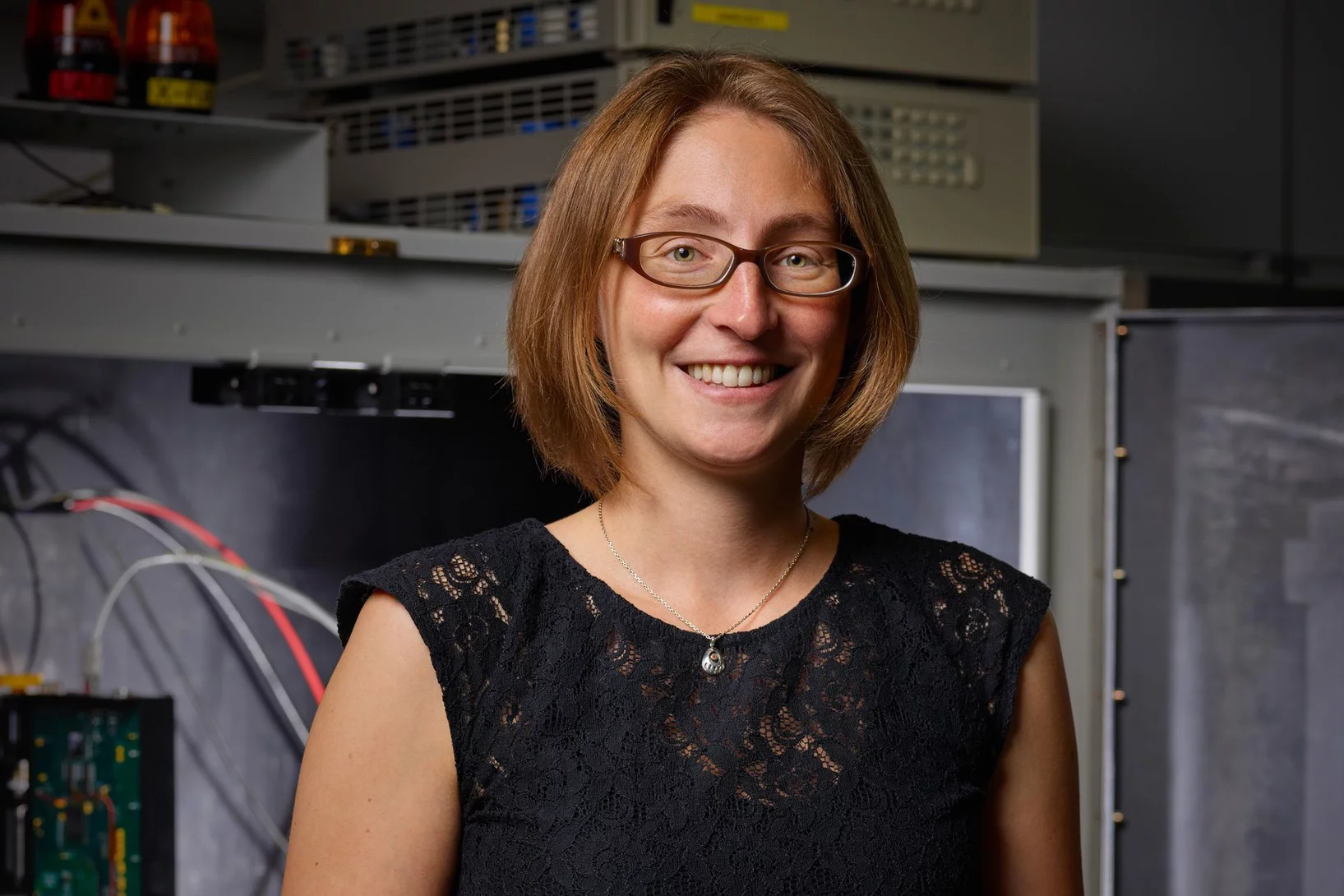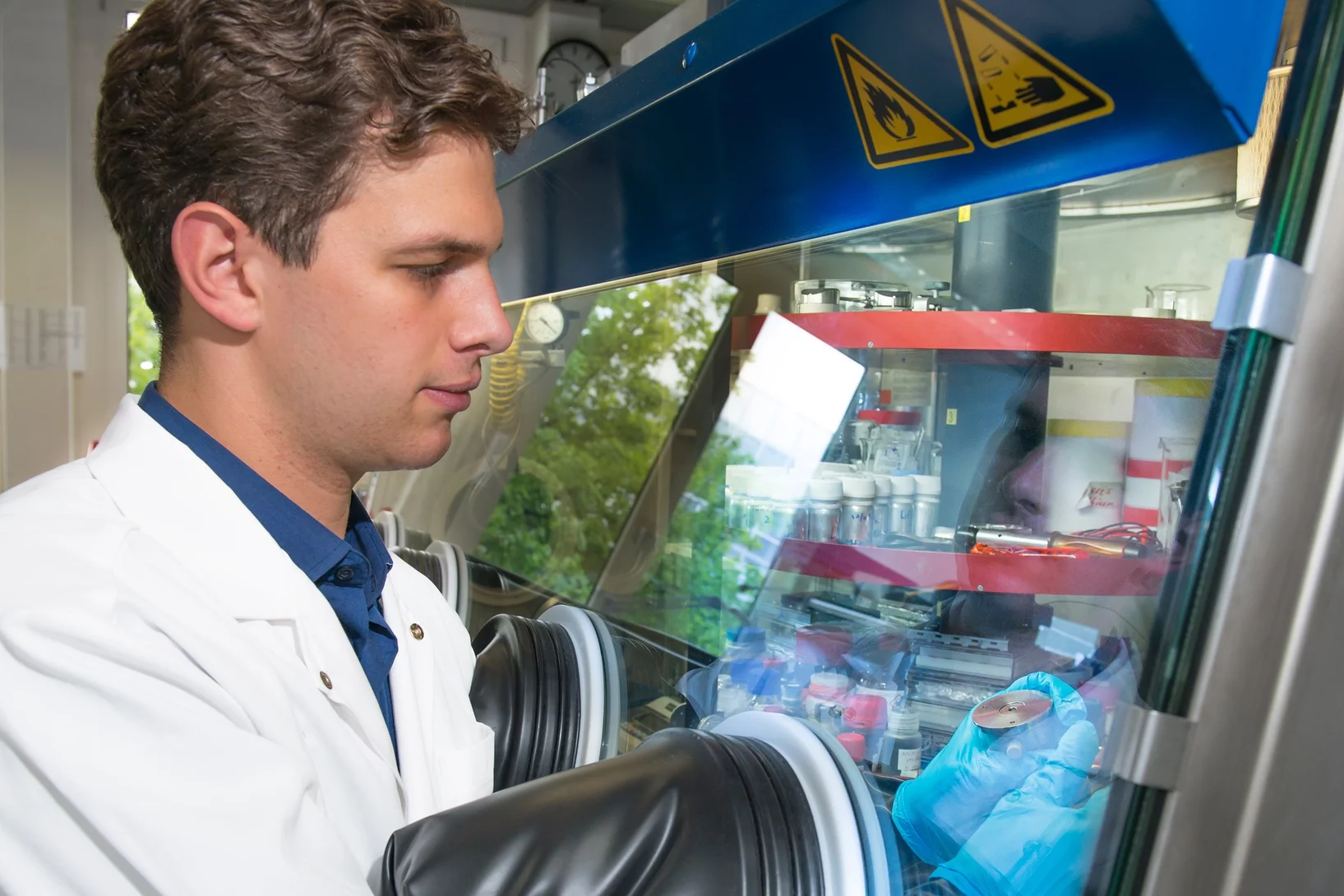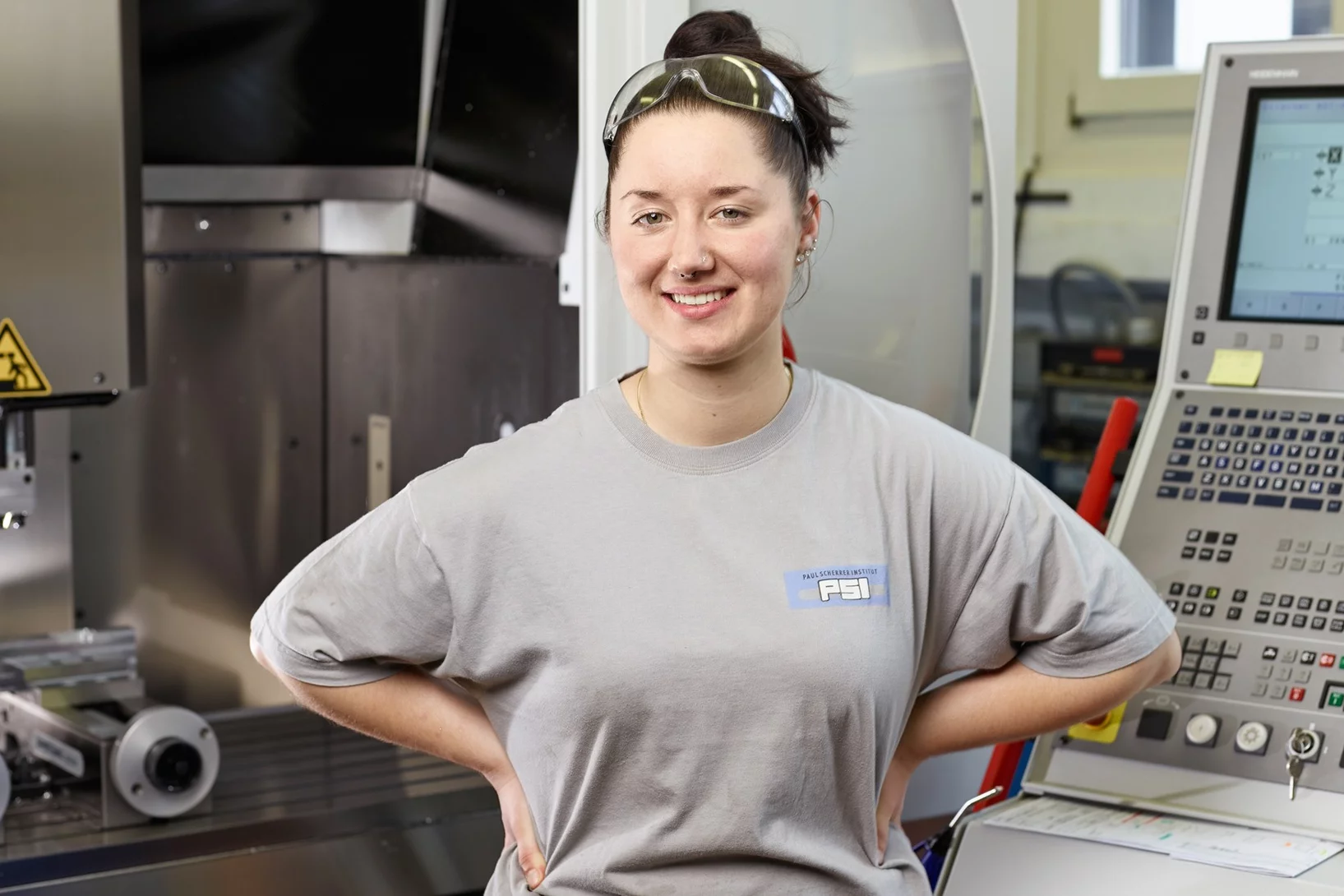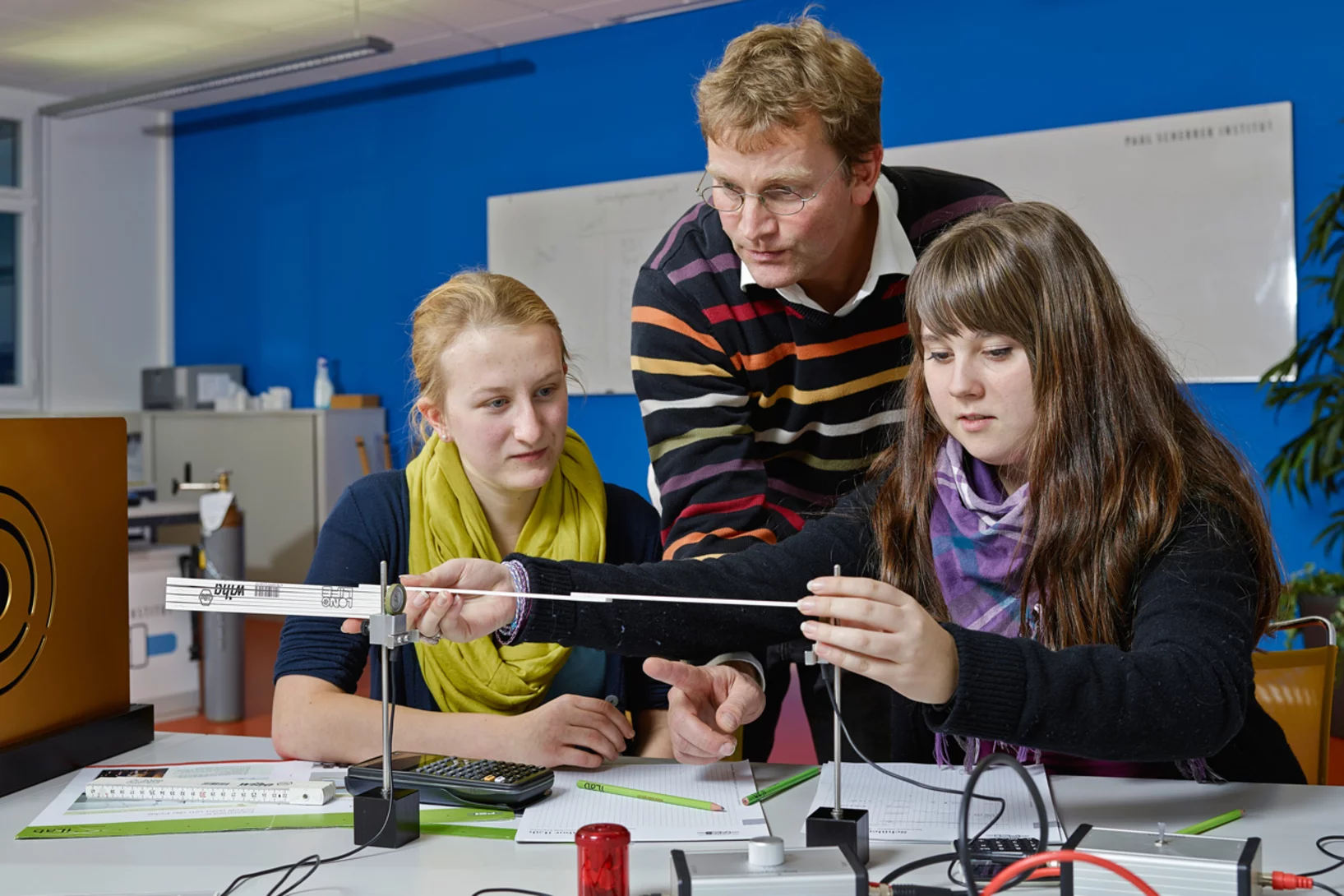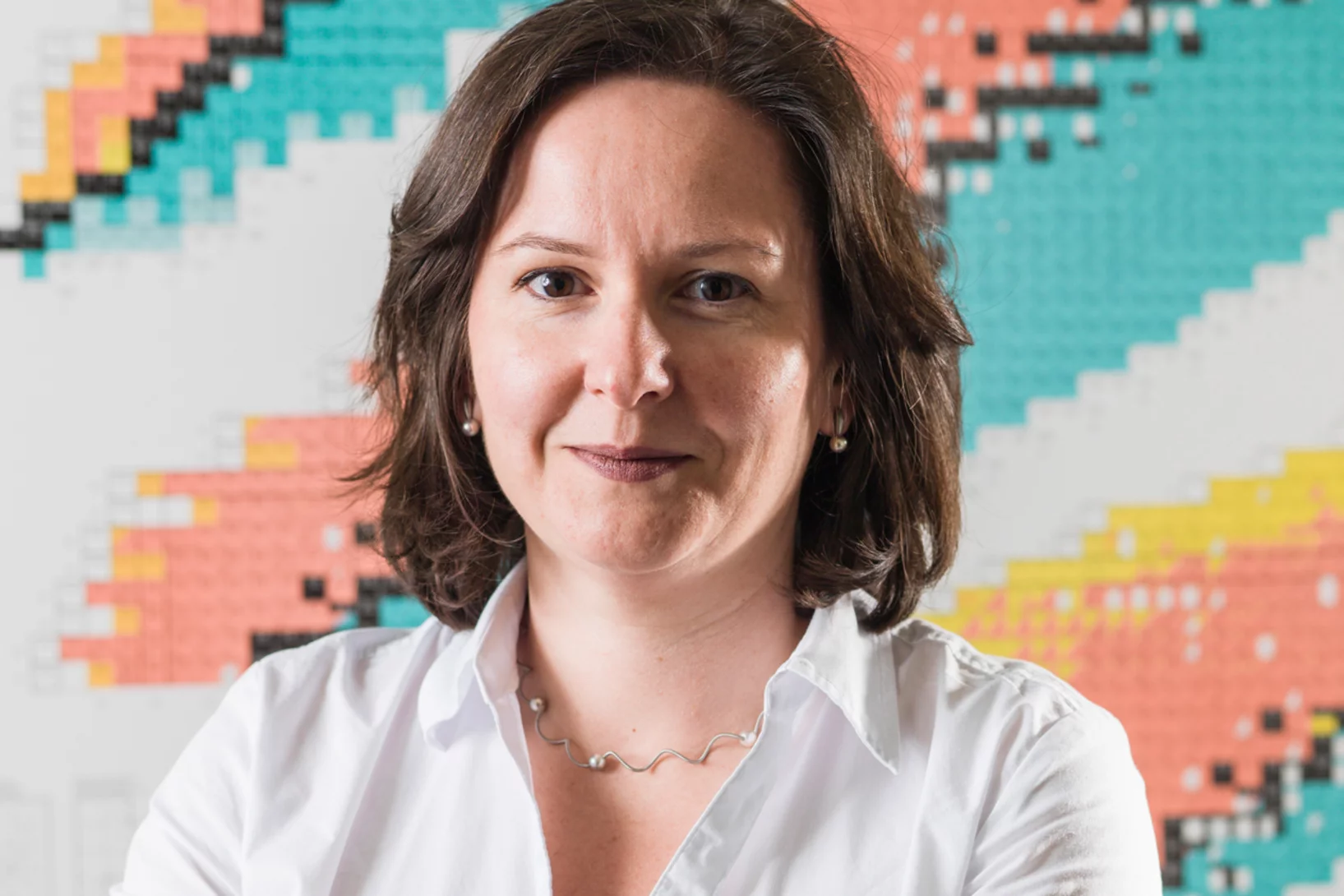Show filters
PSI’s cement whisperer
John Provis has dedicated his research career to a building material that is far more exciting than you might think.
Creating circuit diagrams of the brain
Using brain circuit diagrams to understand Alzheimer's.
With pad, pencil, and algorithms
Physicist Dominik Sidler is developing fundamental theories for previously inexplicable phenomena.
Soldering on a big stage
Whoever makes it onto the podium here is one of the world's best professional talents: PSI electronics engineer Melvin Deubelbeiss won the silver medal at WorldSkills 2024.
Master of the flow
Even as a student, Athanasios Mokos was excited by the dynamics of fluids. Today at the Paul Scherrer Institute PSI, he models complex processes such as the formation of deposits on reactor fuel rods.
Cristina Müller
Developing and redesigning radiopharmaceuticals for tumour therapies
Favourite recipes from around the world
People from 64 nations work at PSI. Of course, they all bring their own culinary preferences with them.
Lubna Dada
Tracking down bioaerosols from plants to improve climate models
Laura Heyderman
How do you build a microrobot that can be controlled magnetically?
Ideas with flair
The research carried out at PSI tends to be extremely complex and often difficult to describe. We gave researchers a tricky assignment: Sketch the basic idea of your research in a simple drawing.
Music at PSI
Sometimes musicians drown out the technical background noise at PSI.
Encouraging equal opportunities in research
International Day of Women and Girls in Science: To celebrate the day, we present five outstanding women working in science at PSI.
The best of both worlds
Annalisa Manera works as a nuclear researcher at PSI and as a professor at ETH Zurich. A portrait.
3.1 million in funding for new research projects at PSI
The PSI scientists Zurab Guguchia and Kirsten Schnorr are to receive grants totalling CHF 3.1 million from the Swiss National Science Foundation for ground-breaking projects.
Silver Medal in Electronics for Mario Liechti
PSI electronics technician Mario Liechti comes in second place at the world championships for non-academic professions.
The gold medal and a handshake from the Federal Councillor
SwissSkills names PSI electronics technician Melvin Deubelbeiss the best apprenticeship graduate in his field.
“If you’re in a certain position, you should step forward”
Kirsten Moselund heads the new Laboratory for Nano and Quantum Technologies. In this interview she discusses quantum research at PSI and how nanophotonics can assist with this.
International Day of Women and Girls in Science
International Day of Women and Girls in Science: To celebrate the day, we present seven outstanding women working in science at PSI.
Unique and unusual
An interview with Mike Seidel, Head of the Large Research Facilities Division.
"I wanted to do something concrete that I could be proud of"
Apprenticeship in the ETH Domain: PSI polymechanic Rohat Sihyürek tells.
Sportliche Forschende
Für Wissenschaft und Forschung benötigt man auf jeden Fall Ausdauer, Mut, Kampfgeist und vor allem Neugier. Eigenschaften, die sich auch im Sport bewähren – gleichgültig ob man im Wettkampf antritt oder sich nur für Gesundheit und Wohlbefinden sportlich betätigt.
Professor Dr. Christian Rüegg new Director of the Paul Scherrer Institute
The new director of the Paul Scherrer Institute has taken up office today. Christian Rüegg aims to further reinforce the leading role of PSI's large research facilities, and thus promote Switzerland as a location for research.
Christian Rüegg appointed new Director of the Paul Scherrer Institute
On 27 November 2019, at the recommendation of the ETH Board, the Federal Council has appointed Christian Rüegg as the new director of the Paul Scherrer Institute PSI. The 43-year-old will take over from Thierry Strässle, who has headed the institute on an interim basis since the beginning of the year. Mr Rüegg is currently head of the Neutrons and Muons Division at the PSI. He will take up his new position on 1 April 2020.
Driving into danger with the blue lights flashing
The PSI radiation protection service is responsible for missions not only at the Institute, but throughout the canton of Aargau. Four times a year the unit practises for an emergency.
The open-air researchers
Atmospheric scientist Julia Schmale is starting out on a three-month research cruise around the antartic. There she will be searching for the cleanest air still to be found on our planet.
At the interface
Interview with Stefan Janssen, Head of the User Office
Stefan Janssen is Head of the User Office at Paul Scherrer Institute PSI. In an interview, he explains why the PSI’s large research facilities are popular with researchers coming from other institutions, how he handles the many applications and how he supports users who come here to conduct experiments.
The last piece of the puzzle
Julia H. Smith is a postdoctoral fellow working on detectors for the SwissFEL x-ray free electron laser, which can be envisioned as the eyes of the new PSI large research facility. During her time at PSI, she has a good chance of accompanying her detector up to its use at the new facility. Even more important than witnessing the first experiments at SwissFEL is acquiring new knowledge and skills during my time as a postdoc at PSI. Smith would like to continue working in the field of detectors and technology development after her postdoc – at a company or at another research institute.
From amateur firework-maker to battery researcher
Portrait of PSI doctoral student Patrick Lanz
Patrick Lanz already discovered a fascination with the world of science and technology during his school days. As an electrical engineer, his father had a decent selection of electronics sets for him to tinker with. However, the young Patrick did not merely content himself with remote-controlled cars. He set about systematically disassembling his toys in a quest to find out how they worked. Later, Lanz also began opening small batteries because he wanted to understand “what went on inside” – probably the first step on the path to his present role as a battery researcher.
Engineering apprentice on the move
This year, Rebekka Liefert completes her four-year training as an engineering apprentice at PSI. What she liked about the research institute was that it almost only makes prototypes. The components for the research facilities are usually individual pieces at PSI. Series production didn’t appeal to her; she quickly got bored. I can’t sit still. That’s why the variety here is perfect for me.
Arousing their natural curiosity
Interview with Beat Henrich.Physicist Beat Henrich is head of the iLab, the lab school at the Paul Scherrer Institute. In an interview, he explains how he gets young people interested in physics.
Shaping safety policy
Sabine Mayer has been Head of the Division for Radiation Safety and Security (ASI) since the beginning of the year. Hence, she is responsible for security at the Paul Scherrer Institute (PSI), from its in-house fire brigade over occupational health and safety to radiological monitoring. Nonetheless, the importance of the Division extends far beyond PSI: the Swiss authorities have confidence in its pool of experts and she, therefore, plays an active role in shaping safety policy in Switzerland. The interview.

